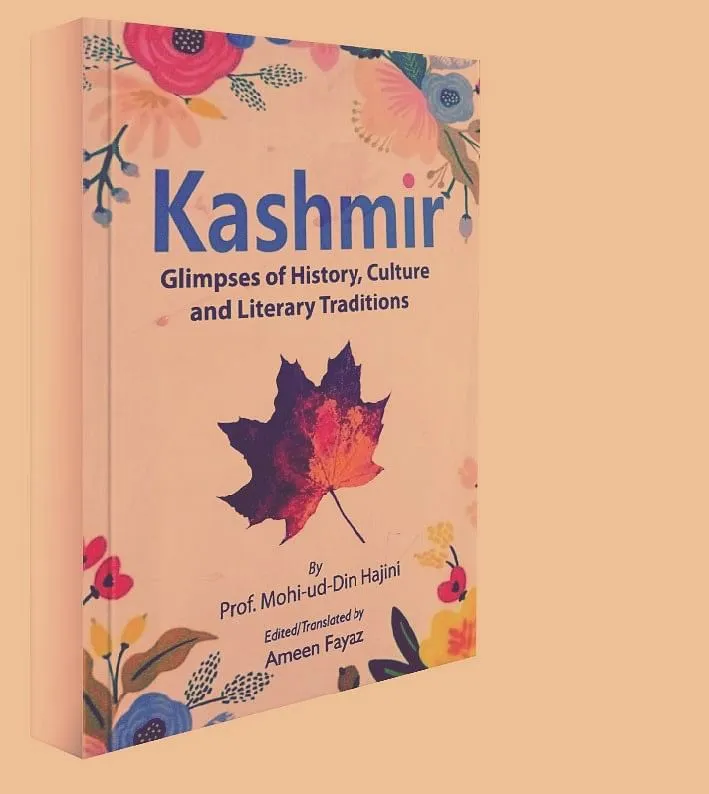BY TAIBA HAKEEM
Come in the world, a memoir, is a narrative that weaves 30 year journey of Amartya Sen; starting from Dhaka in 1933 at his first home – ‘ghar’ to his return in 1963 as a professor at Delhi School of Economics where he completed work on one of his dream project “Collective Choice and Social Welfare”.
The book does not follow any chronological order and is divided into 5 parts. However, the book offers an aesthetic insight about the “inclusive approach” that reflects the exquisite intellect of civilization and the eloquent pleasures of collective vision from an unparalleled world. The book captures his constructive reflection on human welfare and importance of visionary education. Sen mentions that “Home in the World” was his attempt of self-indulgence which is referred to as “Smriticharan” in sanskrit.
Amartya sen in his book provides a riveting description of all his intellectual delights and challenging situations. From his Cambridge investment in a gearless bicycle to get a ride to Castle Hills on his way back to lodging, which reflects his classic charisma, to his Plan B to run a tour company, which reflects his piercing insight of contemplation and angst like any other normal person; he exudes his classic charisma. Additionally, his self-discovery of tumour at the age of 18; a Grade II “Squamous Cell Carcinoma” and his animated sympathy for himself after reading George Bernard Shaw’s short story that inspired him to believe in “science-defying miracles”, demonstrates his ability to find an abstract solution to calm his anxiety.
Further the element of economics, history, ethics, literature, culture and politics in the book gives reader an intellectual ride and keeps engaged throughout. The book also accounts the whole series of events during his schooling at Shantineketan with “nonpareil setting” that gifted him an incredible vision to perceive things beyond boundaries in his later life.
From his name “Amartya”, followed by his schooling in Shantineketan and then selecting the title for the memoir “Home in the World” from Tagore’s “Ghare Bairi” (The Home and the World) reflects Tagore’s finest influence on Sen’s eclectic life.
Also, the rotatory portrayal of economics and ethics through his research to contribute to the humanity, reflects the aesthetic influence of Shantineketan in Sen’s life; which focused on free knowledge, subject to ethical self reasoning.
The memoir also accounts for all the events that polished Sen’s exceptional ability to absorb elements of wisdom around him. His curious mind and fascinating ability of reasoning for which his grandfather “Kshiti Mohan” was always there to reflect, with subjective and objective analysis gifted him the title of “Noble Laurate” and the power to fight for equality and liberty.
Sen’s connection with his grandparents in the book is the most stirring and indelible bond that ignited his argumentative intellect; which he mentions while concluding the chapter “The Company of Grandparents”. Also, the phenomenal account of his interest in Sanskrit was kindled through his grandfather’s presence which later derived his commitments in the subject of “Lokayata and Hinduism”. However his pluristic outlook and words about Hindutva in his later life turned him into an anti-nationalist.
The book also provides a comprehensive overview of various theories and topics like welfare economics, gender inequality, social choice theory, economic and social justice with amazing application and conscious insight. Sen in his book “Home in the Word” also discusses how Marx pointed out the presence of ‘exploitation’ through his “Labour Theory of Value” which modern economists disliked during his college days and later recalls his discussion with Paul Samuelson and Maurice Dobb about the theory in detail.
In chapter 17 “Friends and Circles” Sen recounts his interaction with great leading thinkers of our day, and discusses his course of conversation on philosophy, economics, politics, history, and much more with them. Also his clear thoughts about Israel – Palestine situation manifests his soundful ability for which he opposes Michael Bruno due to his unfortunate experience from 1940’s, of Hindu- Muslim division in India.
The book also offers a detailed framework of the partition of India and of Bengal and collects all the complicated matters with simple introduction. Sen also narrates how his understanding pushed him to work on poverty and famines across the globe while maintaining his main focus on ‘Bengal famine’; which he himself witnessed at the age of ten, in April 1943. The author also discusses the reason for the famine of which British government was completely uninformed and then explains the difference between “food availability” and “food entitlement”.
The single trait that gifted him the gratifying success was his curiosity to understand things around him with proper reasoning. After reading the book I realised how smoothly Sen built his career out of his passion with basic understanding.
And also how his moral conscience ignited his reason and turned him into an admirable intellect who inspires us to calm our apprehensions and follow our curious mind.
But although Sen in his book exquisitely shaped all his academic events that groomed his intellectual experiences, he lagged in expressing subtle emotional lacework that redeemed his frailty.
Taiba Hakeem, Student Department of Commerce, University of Kashmir.
Disclaimer: The views and opinions expressed in this article are the personal opinions of the author.
The facts, analysis, assumptions and perspective appearing in the article do not reflect the views of GK.






